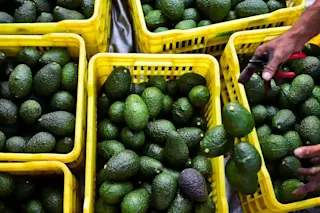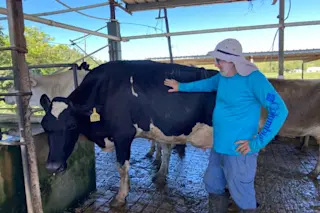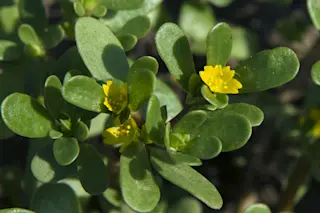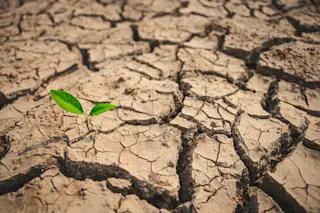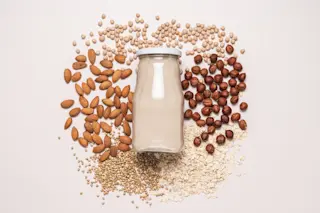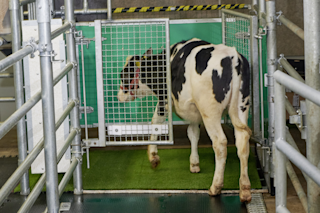When a questionable story gets rolling and takes on a life of its own, you can usually count on journalists to check it out thoroughly. Not that debunking it necessarily puts an end to the matter, as we discovered with President Obama's birth certificate and the global warming hoax cooked up by thousands of scientists. Some stories, no matter how discredited, remain believable for certain audiences. A case in point is the story of India's shockingly high farmer suicide rates being blamed on agricultural multinationals and GE (genetically engineered) crop technology. The short version of this story is that hundreds of thousands of Indian farmers have killed themselves after the GE cotton crops they switched to either failed or didn't produce a high enough yield to offset their costs, thus putting individual farmers (and their families) in massive debt. This assertion, which has been percolating for nearly a decade, rocketed ...
How Seeds of a False Story Took Root and Spread
Explore the complex reasons behind high farmer suicide rates in India beyond just genetically modified crops.
More on Discover
Stay Curious
SubscribeTo The Magazine
Save up to 40% off the cover price when you subscribe to Discover magazine.
Subscribe


